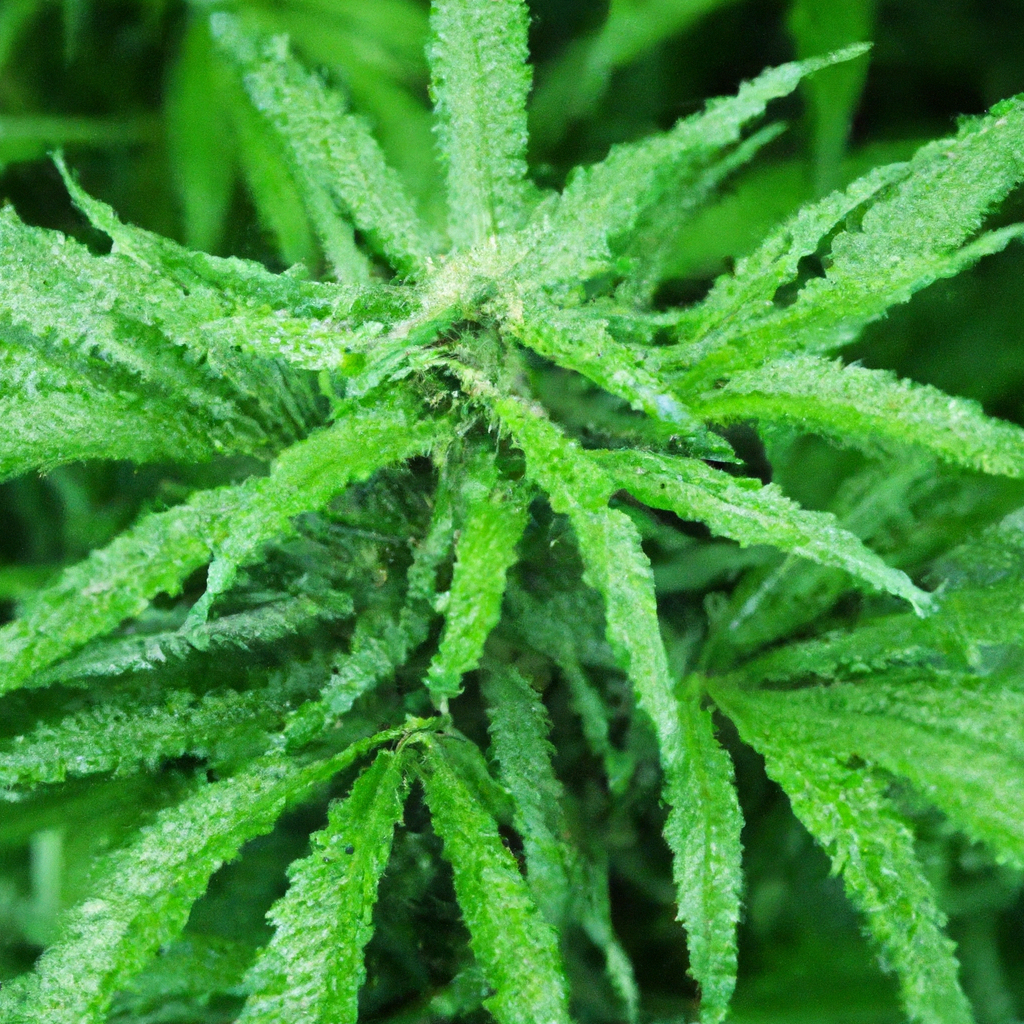Your cart is currently empty!
Organic cannabis cultivation is becoming increasingly popular among growers looking to produce cleaner, more sustainable crops. By using natural fertilizers, building healthy soil ecosystems, and implementing organic pest control methods, cultivators can not only enhance the quality of their harvest but also contribute to environmental well-being. In this article, we’ll explore the best practices for organic cannabis cultivation that benefit both the environment and consumers.
Natural Fertilizers for Boosting Plants
When growing organic cannabis, the choice of fertilizers is crucial. By opting for natural fertilizers like compost, worm castings, and kelp extracts, growers can provide the necessary nutrients without the risk of chemical residues. These organic amendments not only nourish the cannabis plants but also improve soil health.
- Compost: A rich source of organic matter that enhances soil structure and provides a slow-release of essential nutrients.
- Worm Castings: Known as “vermicompost,” this is an excellent source of nitrates and beneficial microbes that promote plant growth.
- Kelp Extracts: These add essential micronutrients like potassium and trace elements, improving plant resilience and yield.
Building a Thriving Soil Ecosystem
A healthy soil ecosystem is the foundation of successful organic cannabis cultivation. It requires attention to soil composition, aeration, and microbial activity. Here are some tips to consider:
- Soil Composition: Balance your soil with a mix of sand, silt, and clay, ensuring proper drainage and water retention.
- Microbial Life: Use mycorrhizal fungi and beneficial bacteria to enhance nutrient uptake and plant health.
- Cover Crops: Planting cover crops can prevent erosion, fix nitrogen, and add organic matter back to the soil.
Natural Pest Control Methods
Effective pest control is critical for healthy cannabis plants. By using natural strategies, growers can avoid synthetic chemicals that may harm the environment and the end product. Consider these eco-friendly pest control methods:
- Companion Planting: Integrate plants such as marigolds or basil into your garden to naturally deter pests.
- Beneficial Insects: Introduce ladybugs and predatory mites which feed on common cannabis pests like aphids and spider mites.
- Naturally-Derived Sprays: Use neem oil or insecticidal soap as safe options to target pests without impacting beneficial organisms.
Sustainability and Consumer Benefits
Organic cannabis cultivation’s sustainable practices ensure minimal environmental impact while producing a high-quality product that consumers can trust. By avoiding synthetic chemicals, growers help preserve biodiversity and reduce pollution. Additionally, organic cannabis is often richer in cannabinoids and terpenes, providing an enhanced aroma and more therapeutic effects without chemical residues.


Leave a Reply